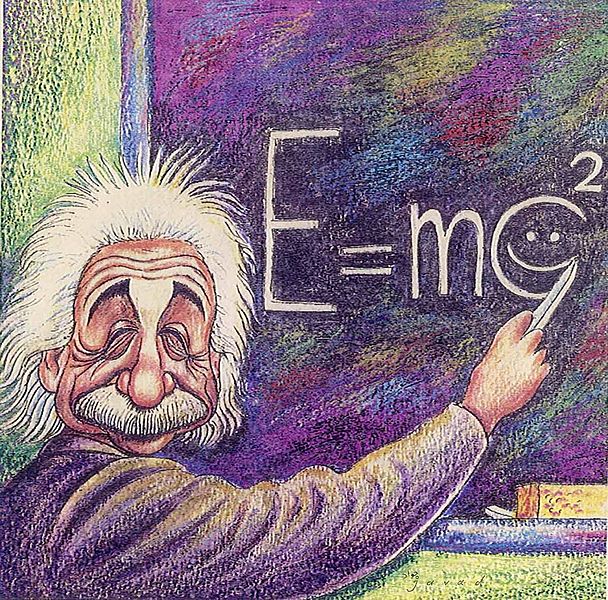
Once-promising diabetes ‘breakthrough’ comes unglued with a major retraction
Whether he says so or not, at least one of my readers will see my posting of this item as merely yet another instance of my religion-motivated fear and loathing of science. And he, or somebody like him, will immediately deploy the well-at-least-unlike-religion-science-recognizes-its-errors-and-is-self-correcting defensive device.
However, I’m actually posting this item for at least two reasons:
First, I find it interesting in and of itself. I like science. I actually began my undergraduate studies with the vague intention of being a scientist.
Second, it does, in fact, illustrate the human and fallible character of science as done by mortals. (I exempt those areas of science in which the work has been done by immortal superhuman.) Even in that most rigorously rational of disciplines, mathematical logic, human factors of culture and psychology and fashion and competition have had considerable historical effect (as William Barrett demonstrated at eye-opening length in his 1979 book The Illusion of Technique).
I’m not surprised by the fact that science tends to correct its own errors. That’s not necessarily because science is better than other fields of human endeavor, or because scientists are better people than non-scientists. Its because of the nature of what science does. It’s because of the character of what science studies.
Hammers are really good at driving nails. That’s because they were developed to drive nails. They’re less impressive at driving cars, or calculating interest rates, or applying bandages to cuts, or composing songs.
Science looks at things that can (at least in principle) be quantified, things that can be measured. Philosophy, piano performance, ethics, political theory, playwriting, jazz improvisation, human leadership, child-rearing, sculpting, psychological counseling, and many other fields of human effort (and of human excellence) cannot be so easily reduced to numbers or to replicable experiments. It might even be said that the nature of their objects is, from certain aspects, much more difficult than the nature of scientific objects. That’s why it’s pretty easy to recognize unmistakable progress in physics between Aristotle and Hawking, but not remotely as simple to see indisputable progress between, say, Praxiteles and Picasso, or between Virgil and J. K. Rowling. A modern astronomer need never actually have read Copernicus or Kepler or Newton, but a modern political theorist or a contemporary literary thinker absolutely must be familiar with Plato and Aristotle.
Science is cumulative. Modern scientists have incorporated (or, where appropriate, discarded) the insights and theories of Darwin, Kelvin, Wallace, Pasteur, Bacon, Cuvier, Maxwell, Curie, and Dalton. Unless they have particular historical interests, they needn’t go back to read the original works of those great pioneers. But modern composers would be vastly impoverished if they had never studied (let alone never heard) the works of Mozart, Bach, Beethoven, Vivaldi, Tchaikovsky, and Wagner.
In other words, the bottom line is this: The notion that science is better than religion because, unlike academic theology, it’s self-corrective and continually refining its understanding and always building international, cross-cultural consensus, is silly and shallow.
There’s no consensus among ethical theorists or between metaphysicians, no unified agreement on what’s good music and what’s bad music between Wagnerians and devotees of John Coltrane and people who favor steel guitar. You won’t find unanimous opinions in Bangkok, Sonora, Paris, Szechuan, Mumbai, Beirut, and Tehran about what makes for good cooking. Keynesians and monetarists in economics still disagree with one another, and with Marxists, and with the Vienna school. That’s not because those fields are without value, nor because they’re not talking about actual reality. The sciences are the outliers here — just as hammers are. Even so, there are disagreements, arguments, conflicting experimental results, and corrections in science.
Our predicament is called mortality. Not even scientists rise above it. Not in this life, anyway.
Posted from Carlsbad, California










